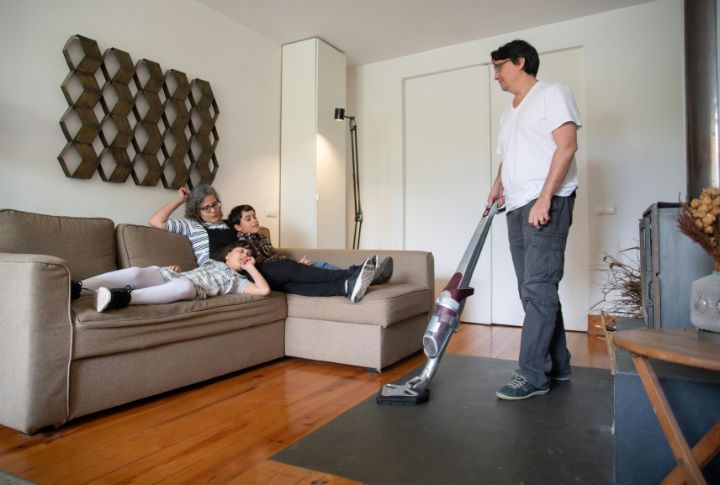
Love feels safest when both partners show up equally, but sometimes you’re left giving your energy, patience, and care without much coming back. That kind of imbalance can slowly wear you down. If you’ve been questioning your role in the relationship, these signs can help you see if it’s one-sided.
You Always Initiate Conversations And Calls

You’re the one reaching out first every single time. Whether it’s a good morning text or checking in during the day, your phone shows mostly outgoing messages. When you don’t make contact, conversations simply don’t happen, leaving you wondering if they’d even notice your absence.
You Plan Most Dates And Activities

Date nights only happen because you research restaurants, book tickets, and coordinate schedules. Your partner shows up and enjoys themselves, but the actual planning falls entirely on you. Without your initiative, weekends would probably consist of sitting around asking, “What do you want to do?”
You Compromise More Than Your Partner

During disagreements, you find yourself bending first to keep the peace. Your preferences take a backseat while theirs somehow always win out. From choosing movies and restaurants to bigger life decisions, you’ve gotten used to adjusting your wants to match theirs instead of finding a middle ground.
You Provide More Emotional Support

When your partner has a rough day, comfort and advice flow naturally from you. But flip the script—when needing support yourself, do they show up with the same energy? You might find yourself being their emotional rock, yet managing your struggles alone.
You Cover A Larger Share Of Expenses

Money conversations feel uncomfortable, so you end up quietly handling most of the bigger expenses. Rent, groceries, date nights, vacations—your bank account takes the hit while your partner contributes here and there. You might tell yourself it doesn’t matter, but financial imbalances can create stress that affects other parts of your relationship.
You Handle Emotional Labor Consistently

Remembering birthdays and keeping track of important family events automatically becomes your responsibility. You’re the one who notices when someone needs support or when relationships need attention. This invisible work takes mental energy that often goes completely unrecognized by your partner.
You Apologize First And Resolve Conflicts

Arguments end because you say sorry, not because issues actually get resolved. Even when you’re not entirely wrong, you often extend the olive branch to restore peace. This pattern means real problems never get addressed properly, just swept under the rug until next time.
You Initiate Physical Affection Often

Intimate moments happen because you make the first move. Physical connection feels one-sided, with you showing affection as they passively receive it. Without your initiation, you’d probably go days without meaningful physical contact, making you wonder about their actual interest level.
You Handle Most Household Tasks

Cleaning, laundry, groceries, and home maintenance somehow became your domain by default. They might help when asked directly, but only you notice what needs to be done and handle most of the tasks alone. Living together feels more like having a roommate who occasionally pitches in.
You Maintain Their Social Connections

You function as their personal relationship assistant, tracking who needs a call, who’s going through a rough patch, and whose birthday is coming up. Their friendships and family ties remain strong not through their effort, but through your thoughtful attention to details they consistently overlook.

